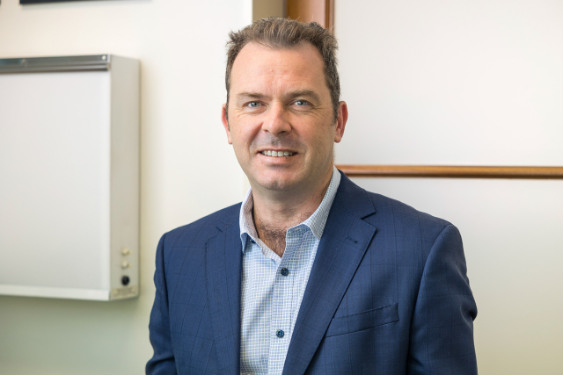The Care Pathway of treatment options for overactive bladder and faecal incontinence
On-demand recorded 18 Jul 2023
Incontinence is the second most prevalent health condition in Australia, following mental health illnesses, with 1 in 4 Australians experiencing overactive bladder and 1 in 12 living with faecal incontinence. However due to the associated stigma, lack of awareness and normalisation of symptoms, patients continue to suffer in silence and are hesitant to present to healthcare professionals to explore their treatment options and thus, continues to be one of the most underdiagnosed and undertreated health conditions. In this webinar, you will learn about the challenges of identifying patients with functional incontinence, methods of diagnosis, and the utilisation of the guidelines-based Care Pathway of treatment options for your patients.
Learning outcomes
- Recognise the challenges GPs face with patients not raising incontinence issues due to stigma and normalisation, leading to under-diagnosis and under-treatment of the condition.
- Outline the guidelines-based Care Pathway for overactive bladder (OAB), urinary retention (UR) and faecal incontinence (FI) management; from initial GP diagnosis to advanced third line therapies.
- List the clinical evidence, indications, eligibility criteria and considerations around advanced treatment options, including sacral neuromodulation therapy.
Facilitator

Dr Susan Hookey
MBBS, FRACGP, GradDipWmnsHlth, is Director, General Practice Liaison, Melbourne Health, Melbourne, Victoria
Speakers

Dr Christopher Gillespie
Colorectal Surgeon
Dr. Chris Gillespie is a consultant colorectal surgeon practising privately at Brisbane Colorectal at Mater Private Hospital, and at the Queensland Pelvic Floor Centre in Bowen Hills. He works in public at both Princess Alexandra Hospital and QEII Hospital, where he is lead clinician for the functional colorectal unit. He has experience in management of defecatory disorders and faecal incontinence, and is an accomplished robotic and laparoscopic surgeon, with multiple publications and a book chapter on colorectal pelvic floor dysfunction.

Dr Ailsa Wilson Edwards
Urological Surgeon
Dr Ailsa Wilson Edwards graduated with Honours from Adelaide University Medical School in 2002.She completed her surgical training in Adelaide and specialist urology training in Brisbane. In 2011 she undertook fellowship training in Female and Reconstructive Urology at University College London Hospital in the Institute of Urology, where she developed expertise in surgical treatments for incontinence, fistula, urethral diverticulum, neuromodulation, prolapse and fluoroscopic urodynamics.